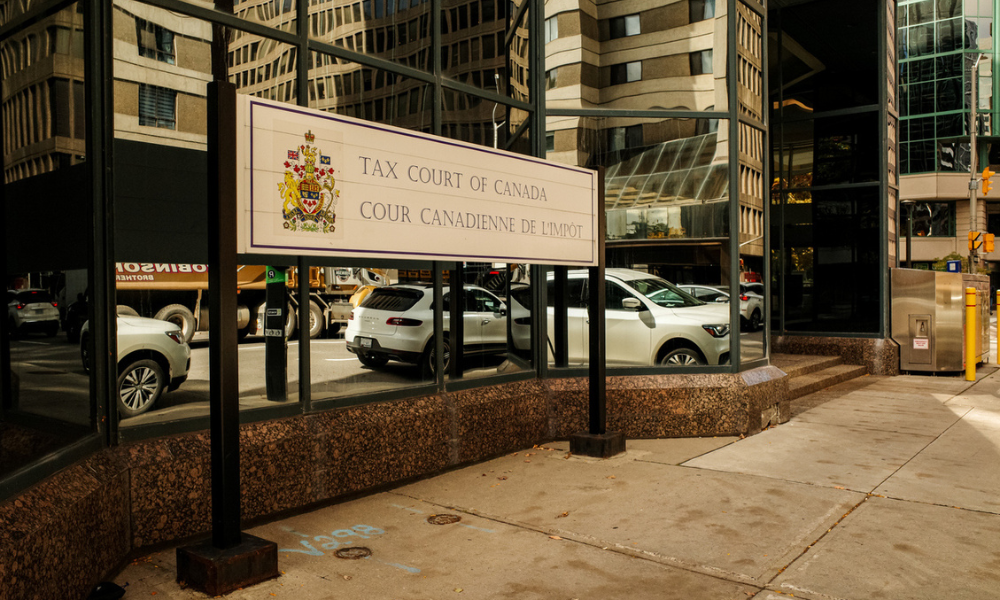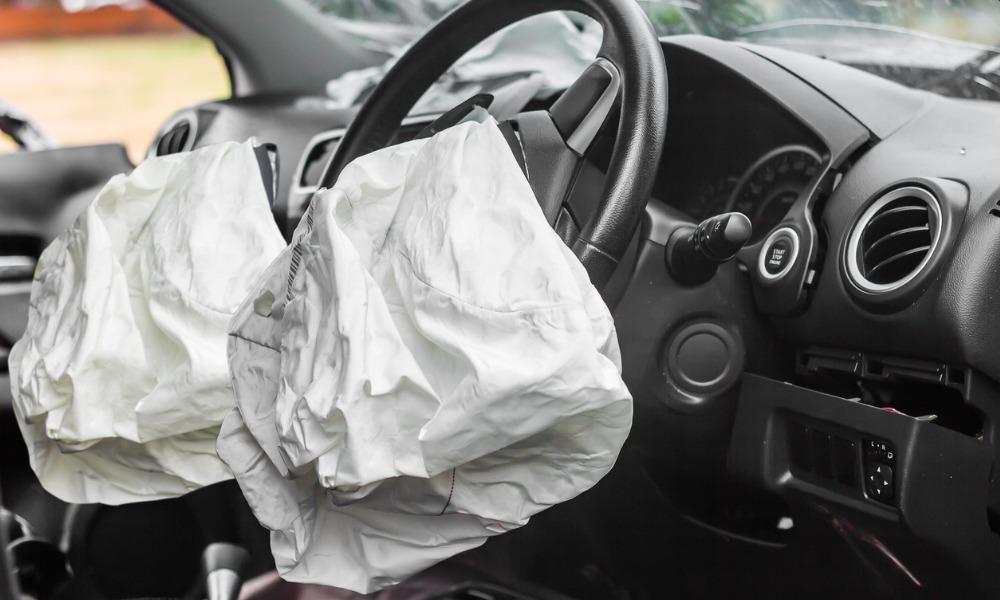Lawsuit could show path forward for First Nations seeking accountability from governments: lawyer

A lawsuit that Manitoba’s Shoal Lake #40 First Nation recently filed against Winnipeg and the Federal Government could demonstrate a way forward for Indigenous communities to hold various levels of government accountable for historical wrongs, says Kate Gunn, counsel for Shoal Lake.
The First Nation is seeking compensation for damages arising from Winnipeg’s diversion of fresh drinking water from Shoal Lake. In 1915, the city built an aqueduct, railway and canal, and the scheme isolated the community on a man-made island, only accessible by boat or over ice in the winter. Canada had authorized the expropriation of Shoal Lake 40 reserve lands for the project.
“This has had really long-standing devastating impacts on the community – everything from economics to culture to being able to maintain basic services on reserves,” says Gunn, a partner in the Vancouver office of First Peoples Law.
Most Read
The First Nation said that the diversion scheme and the high cost of transporting goods to the community resulted in “inadequate essential services,” including a failed water treatment system that put Shoal Lake #40 under a boil-water advisory for 24 years, from 1997 to 2021.
On top of damages, Shoal Lake #40 seeks “a way forward to make sure that something like this doesn’t happen again,” says Gunn. “It's a combination of looking for compensation and a measure of accountability from both governments because it's been such a long-standing and serious historical wrong.”
“It won't ever be able to undo the damage that's happened to the community, and a lot of the losses that they've experienced are really hard to quantify. They're hard to compensate in a financial way. But I think it will hopefully help to bring some closure to the community to finally see this move forward.”
The federal government hopes to resolve the issues raised in the statement of claim through dialogue and negotiation, says Randy Legault-Rankin, spokesperson for Indigenous Services Canada.
“Canada remains committed to nation-to-nation relationships with Indigenous Peoples based on the affirmation of rights, respect, cooperation and partnership,” he says. “We respect the decision of Shoal Lake #40 First Nation to pursue their claims through the courts.”
Legault-Rankin notes that since 2015, Ottawa has boosted support for the development of infrastructure serving First Nations communities. Since the Liberal Government has been in power, 142 of the 171 long-term drinking water advisories have been lifted. Shoal Lake lifted its advisory in 2021 following “hard work and strong leadership from the community, and significant investments from the Government of Canada,” he says.
In 2019, construction on Shoal Lake #40’s Freedom Road concluded. The road connected the First Nation, near the Ontario-Manitoba border 184 km east of Winnipeg, with the Trans-Canada Highway, providing year-round, all-weather access to the community.
“Improving critical infrastructures in First Nations communities is critical, and we will continue working in partnership with communities across the country to get this important job done,” says Legault-Rankin.










